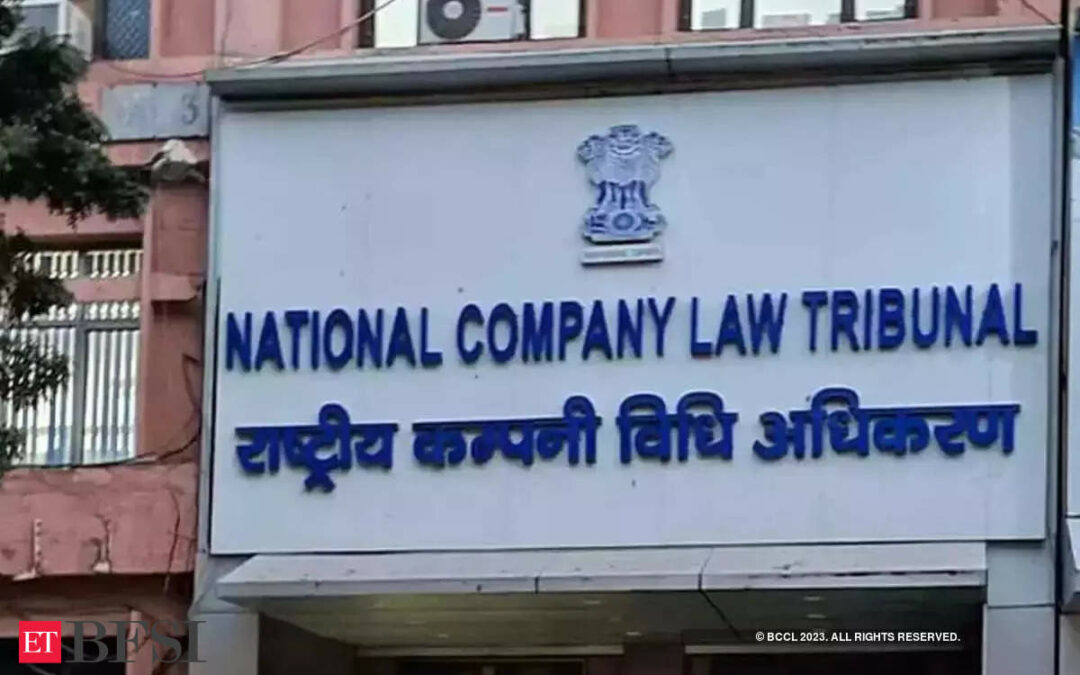The National Company Law Tribunal (NCLT) has admitted SREI Infrastructure Finance’s petition to initiate a corporate insolvency resolution process (CIRP) against Supreme Infrastructure BOT after it defaulted on repayment of loan.
SREI Infrastructure Finance had granted a term loan of Rs 150 crore to Supreme Infrastructure BOT for a period of five years. The loan was intended for use in infrastructure projects.
Following this, various security documents were executed between both the parties. However, the borrower defaulted on the loan repayments, prompting the financial creditor to recall the loan in August 2018.
Despite the recall and the outstanding amount, Supreme Infrastructure BOT continued to default on the repayment of the financial debt owed to the lender. As of October 2018, the borrower owed a total of Rs 75.02 crore including interest and other charges.
In its order, the NCLT rejected several objections raised by the borrower including the contention that the debt was addressed under a scheme of arrangement proposed by its parent company, Supreme Infrastructure India Ltd (SIIL). The tribunal found that the scheme did not include the borrower’s exposures.
Advocate Rohit Gupta along with Ativ Patel of AVP Partners while appearing for SREI Infrastructure argued that the inter-creditor agreement (ICA) in June 2019 was meant for Supreme Infrastructure India Ltd (SIIL) and not the borrower. Moreover, the ICA was valid for only 180 days; however, no resolution was reached during this period.
The borrower had submitted that the financial creditor is itself undergoing an insolvency process under the provisions of the Insolvency and Bankruptcy Code. Consequently, the account of the lender has been declared as fraudulent and therefore has no legal right to continue with the insolvency plea against Supreme Infrastructure BOT.
The tribunal clarified that despite being under CIRP themselves, the financial creditor retained their legal standing to initiate and pursue proceedings against the corporate debtor.
“Merely because the financial creditor is under CIRP, it does not mean that it has lost the legal right to continue with the present application. We find merit in the financial creditor’s plea that initiation of CIRP against the financial creditor does not bar the financial creditor from initiating any proceedings against the corporate debtor,” said the order delivered by the NCLT bench comprising members Sanjiv Dutt and K R Saji Kumar.
The tribunal also dismissed the borrower’s argument regarding non-compliance with the Banker’s Book Evidence Act, with regards to specifying the exact date of default, noting that the financial creditor, being a non-banking financial company (NBFC), does not fall under the Act’s ambit.
Further, it rejected the corporate debtor’s plea that the existence of an arbitration clause in the loan agreement should bar the financial creditor from approaching the tribunal, citing the Supreme Court’s precedent in an earlier matter.









